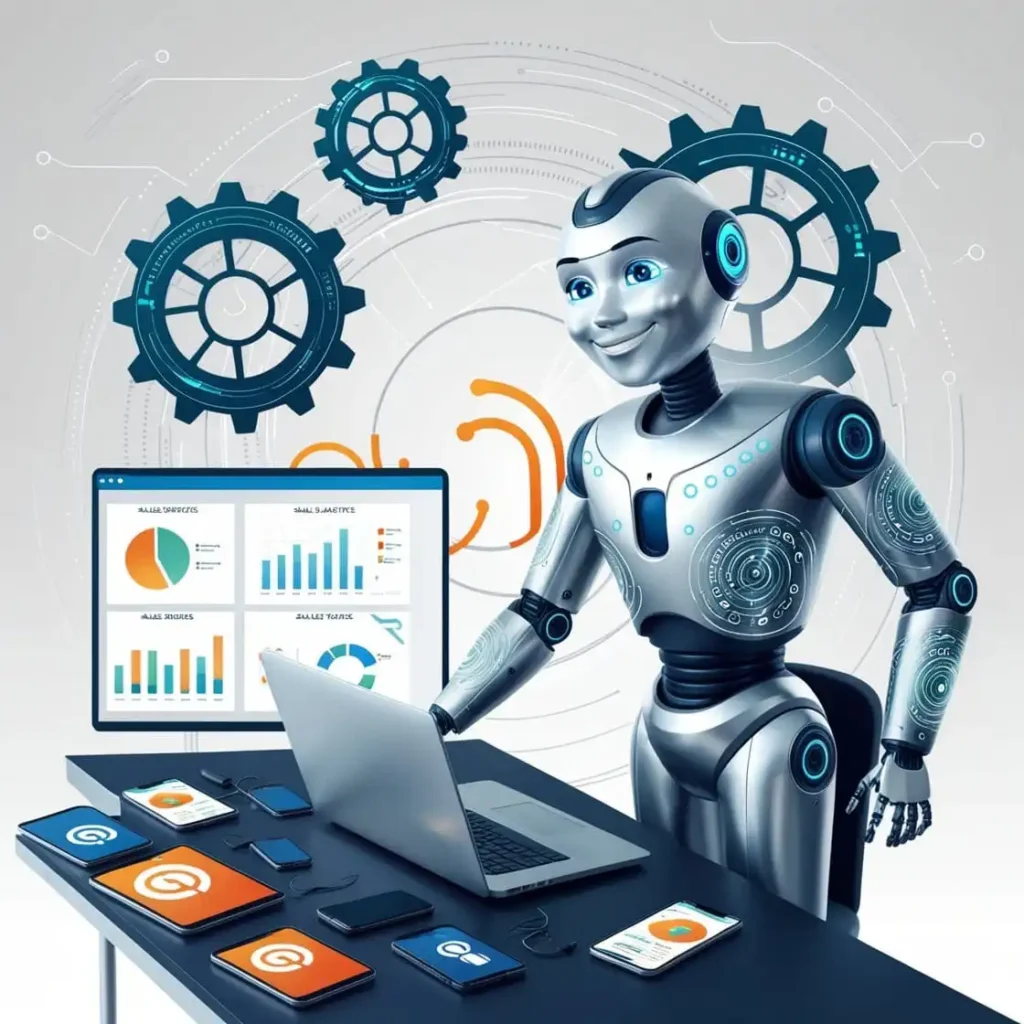In today’s fast-paced digital world, marketers are leveraging automation to enhance campaign efficiency and impact. Automation is revolutionizing marketing by optimizing workflows, improving personalization, and driving superior results. By integrating automation into marketing strategies, businesses can streamline operations, improve targeting, and maximize ROI. With an emphasis on improved audience interaction, data-driven performance, and increased productivity, this article examines how automation is changing marketing campaigns in 2025.
The Rise of Marketing Automation in 2025
Marketing automation utilizes technology to automate repetitive tasks like RCS Message, WhatsApp marketing, email campaigns, social media scheduling, and data analysis. With AI and machine learning advancements, automation tools are becoming smarter, enabling highly personalized customer experiences.
Key Benefits of Marketing Automation
Increased Efficiency: Automation handles repetitive tasks, allowing marketers to focus on strategy and creativity.
Enhanced Personalization: AI-driven automation delivers personalized content at scale, improving engagement and conversions.
Higher ROI: Automation continuously optimizes campaigns, ensuring better results with minimal manual effort.
How Automation Enhances Campaign Performance
Automation is revolutionizing marketing execution. Here’s how it improves campaign performance:
1. AI-Powered Precision Targeting
AI and machine learning analyze vast customer data, uncovering patterns for more accurate targeting and segmentation.
Data-Driven Insights: Automation tracks customer interactions (website visits, email engagement, social activity) to create detailed user profiles.
Dynamic Audience Segmentation: Marketers can deliver tailored messages to specific audience segments at the right time.
2. Scalable Personalization
Automation enables businesses to personalize campaigns on a large scale, making customer interactions more relevant.
Automated Email Sequences: Triggered emails respond to customer behaviors like abandoned carts or product views.
Dynamic Content Delivery: Websites, ads, and social posts adapt to individual user preferences for maximum engagement.
3. Optimized Content Creation & Distribution
Automation streamlines content creation and distribution while maintaining quality.
AI-Powered Content Curation: Automated tools suggest and curate content based on user interests.
Smart Ad Campaigns: AI adjusts budgets, targeting, and creatives in real time to improve ad performance.
4. Real-Time Performance Monitoring & Analytics
Marketing automation allows businesses to track and optimize campaign performance instantly.
A/B Testing Automation: Marketers can set up automated A/B tests to determine which campaign elements (subject lines, images, CTAs) are performing best.
Real-Time Adjustments: Mktg automation platforms can automatically make adjustments to campaigns, ensuring optimal performance without requiring constant manual intervention.
The Future of Marketing Automation
The future of automation is AI-driven, enabling smarter marketing strategies.
Predictive Analytics: AI will predict customer behavior more accurately, refining campaign targeting.
Omnichannel Integration: Automation will unify cross-platform marketing across email, social media, and mobile for seamless experiences.
As automation evolves, its impact on marketing performance becomes undeniable. Businesses that embrace automation in 2025 will enjoy streamlined operations, improved engagement, and maximized ROI. Staying competitive in the digital landscape means adopting automation—not as an option, but as a necessity.


